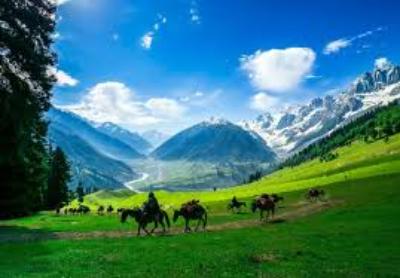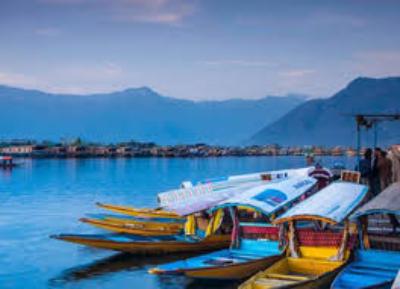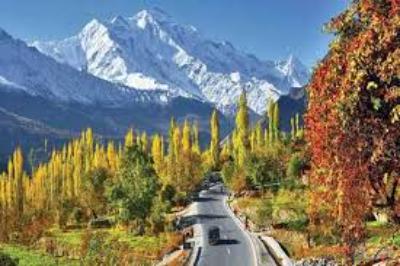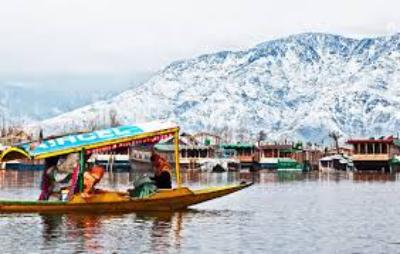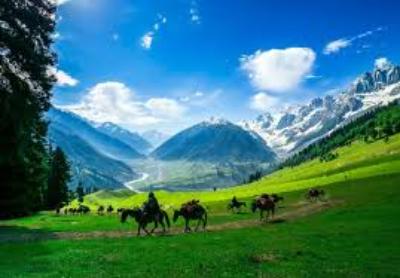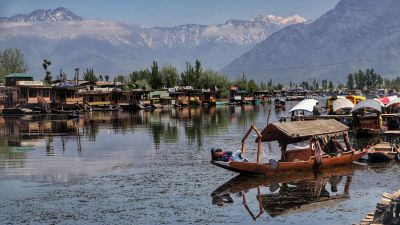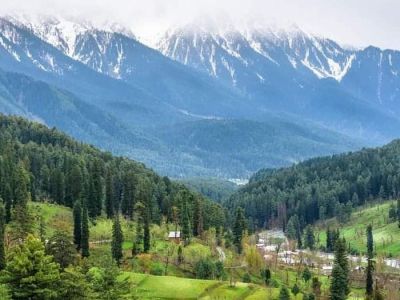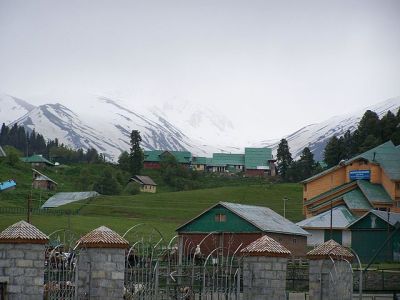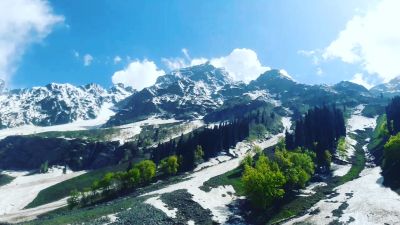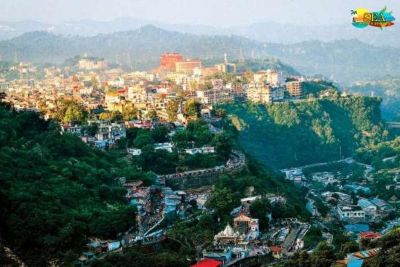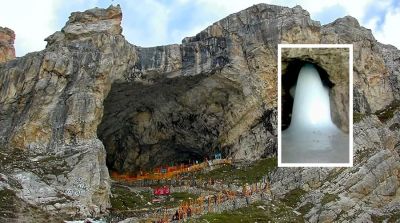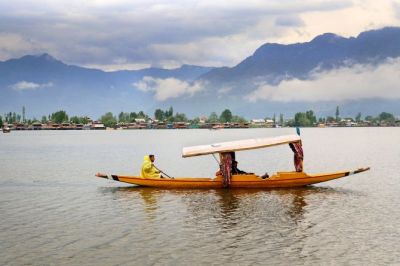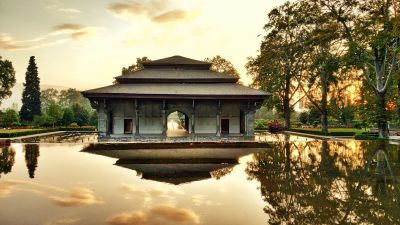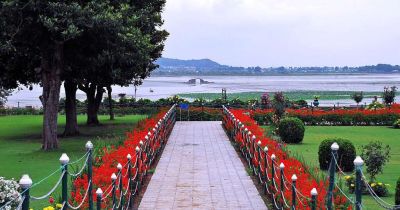Kashmir's Iconic Scene: Farmers with Hookahs and Copper Kettles
Kashmir, often called "Paradise on Earth," is known for its breathtaking landscapes, stunning valleys, and serene lakes. But amidst these natural wonders, there is one iconic scene that captures the essence of Kashmiri culture like no other - farmers with hookahs and copper kettles.
As you traverse through the picturesque villages and lush green fields of Kashmir, you will frequently come across this unique sight. The farmers, taking a break from their day's work, sit under the shade of a majestic Chinar tree or a simple mud hut, enjoying the blissful moment with their traditional hookahs and copper kettles.
The Hookah - An Integral Part of Kashmiri Culture
The hookah, also known as a water pipe, has a long-standing history in Kashmir. It is an integral part of the local culture and is enjoyed by people of all ages. The hookah itself is a beautiful piece of art, with intricate designs carved on its base and a long pipe topped with a decorative mouthpiece.
Traditionally, the hookah is filled with flavored tobacco called "sheesha" and then lit using charcoal. As the smoke passes through water, it gets cooled, resulting in a smooth and enjoyable experience. Sitting around a hookah, sharing stories, and enjoying the company of friends and family is a cherished tradition in Kashmir.
The Copper Kettle - Symbol of Warmth and Hospitality
Alongside the hookah, you will often find a copper kettle, locally known as a "samovar," in the hands of Kashmiri farmers. The samovar is a vessel used for brewing Kashmiri tea, also known as "kahwa." It is a traditional green tea infused with saffron, cardamom, cinnamon, and almonds, giving it a rich and aromatic flavor.
The sight of a farmer preparing tea on a small portable stove, pouring it from the copper kettle into small cups called "pialas," and offering it to visitors is a heartwarming experience. The copper kettle symbolizes warmth, hospitality, and the tradition of welcoming guests with open arms.
The Significance of Farmers with Hookahs and Copper Kettles
While the sight of farmers with hookahs and copper kettles is visually captivating, it holds a deeper significance in Kashmiri culture. It represents the strong bond between the people and their land, the appreciation for life's simple pleasures, and the importance of community and hospitality.
For centuries, Kashmiri farmers have worked tirelessly on their vast farms, nurturing the land with love and care. They find solace and relaxation in the midst of their fields, often taking a break to smoke hookah and enjoy a cup of kahwa. This ritual is not just a respite from their labor but also a way to connect with their roots and traditions.
The scene of farmers with hookahs and copper kettles also showcases the warmth and generosity of the Kashmiri people. They take pride in their ability to offer a moment of tranquility to visitors, inviting them to share in their culture and traditions.
Experiencing the Iconic Scene
If you are planning a trip to Kashmir, make sure to immerse yourself in this iconic scene. Take a leisurely walk through the villages, strike up a conversation with the farmers, and enjoy a cup of kahwa while sitting under the shade of a Chinar tree.
Take the opportunity to learn about the rich history and cultural significance of hookahs and copper kettles. Ask the farmers about their stories, their connection to the land, and their love for their traditions. It is through these interactions that you will truly understand and appreciate the beauty of Kashmiri culture.
Conclusion
The sight of farmers with hookahs and copper kettles in Kashmir is an iconic scene that portrays the heart and soul of the region. It represents the harmony between nature and human life, the preservation of traditions, and the warm hospitality of the Kashmiri people.
So, the next time you visit Kashmir, make sure to capture this ethereal moment in your memory, share a cup of kahwa with the farmers, and let the tranquility of the surroundings wash over you.
Remember to enjoy and appreciate the beauty of this unique scene, and maybe even take a moment to share it with the world, encouraging others to visit this paradise on earth - Kashmir.
Disclaimer : The information provided in this blog is for general informational purposes only. While we strive to keep the content accurate and updated, TravelSetu assumes no liability for errors or omissions. If you believe any part of this blog infringes your rights or causes concern, please notify us immediately at info[at]travelsetu[dot]com so that appropriate action can be taken.
